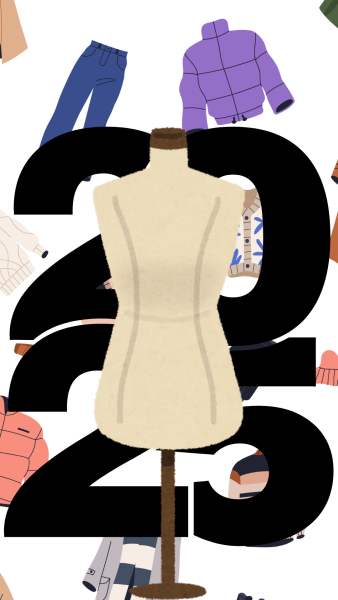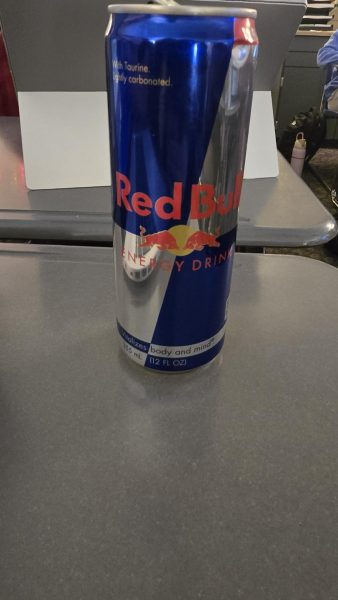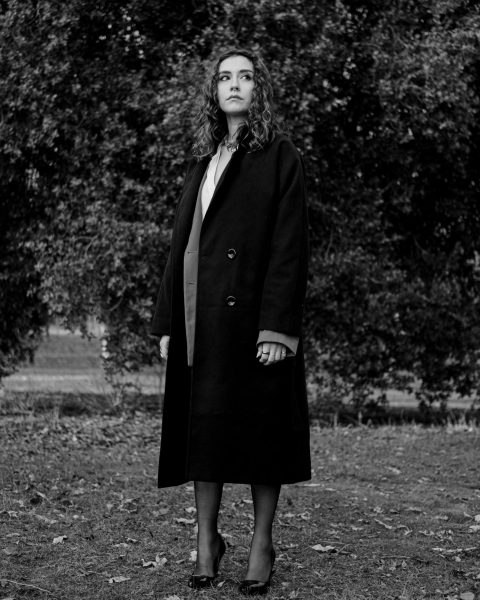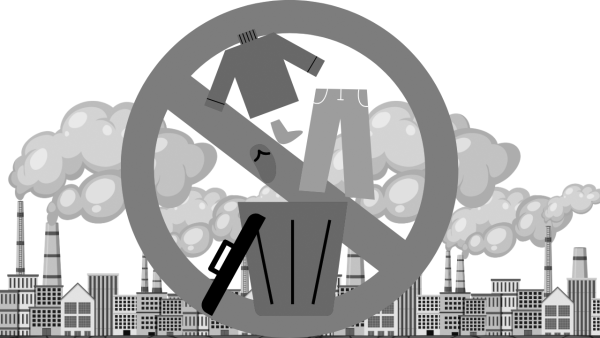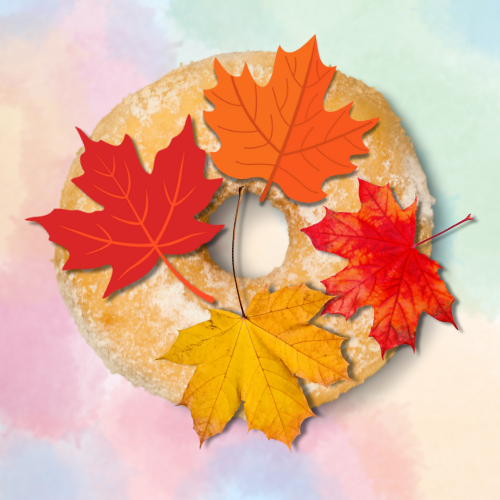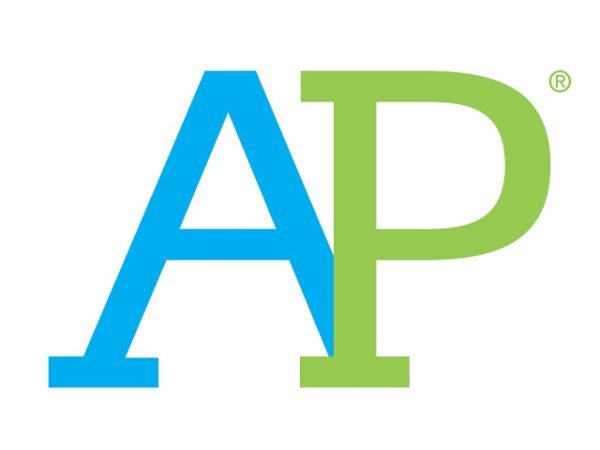How media affects our view of the world

Copyright Fox News
It’s no secret that news media is a large part of our lives. News channels are on almost every gym and restaurant TV, and all over the radio. We get a majority of our information from articles or from TV. Even for research projects from school, I find myself looking at articles or news for information. The real question is, how much does it affect our views?
People get heavily, and I mean HEAVILY, influenced by what’s shown on electronics around them. This is a part of confirmation bias, the idea that people only remember/look for sources that support their side of the argument. According to Britannica, “In studies examining the my-side bias, people were able to generate and remember more reasons supporting their side of a controversial issue than the opposing side. Only when a researcher directly asked people to generate arguments against their own beliefs were they able to do so.”
Teenagers on TikTok especially get their news from the media. One example of this was the Johnny Depp and Amber Heard trial. Many people were supporting Depp, with nostalgia or adoration fueling their case. A lot of the videos I saw were making fun of Heard and her team, and glorifying Depp and his. Now, however, the majority of videos I see are on Heard’s side, saying she didn’t deserve this and was the true victim.
I’ll be totally honest, I fell for it at first. I fell for the idolization of Depp, especially with my only news source coming from TikTok. I didn’t feel the need to research or look into it to form my own opinion, and now I regret it. If I had, I might have seen more unbiased sources and realized that my personal opinion about not automatically blaming the victim went right out the window.
One of Heard’s quotes reminded me of this. “‘I’m even more disappointed with what this verdict means for other women,’ her statement reads. ‘It is a setback. It sets back the clock to a time when a woman who spoke up and spoke out could be publicly shamed and humiliated. It sets back the idea that violence against women is to be taken seriously.’” (NBC News.)
Whoever was right in the case, it shouldn’t have mattered. Immediately blaming a person who claimed to be abused should never be ok, especially with the history of women not being believed. However, TikTok influenced my mindset much more than it should have. For people to automatically assume who is in the right without any evidence is devastating. Considering the fact that they could be jurors, that’s extremely dangerous.
Letting the media control what opinions are at the forefront is not a good idea. When you let one piece of media control it, it’s even worse. Media can be incredibly biased, even when it claims it’s not. Take Fox News and CNN. They present very different news. Due to the political beliefs of the organizers, the news is often swayed in favor of that party. While Fox News is categorized as entertainment, it still presents itself as a news outlet and many people take it that way.
The Fairness Doctrine, made in 1949, said that broadcasters had a duty to fairly represent all sides. This was repealed in 1987 after many attacks about the limit of free speech. The ‘news’ that is supposed to be unbiased truth turns out to be opinionated and not fully factual. According to the American Press Institute: “In recent years the public seems to have adopted a more nuanced view of bias. Perhaps this is because many critics have found their voice online – where studies confirm that half the blogs contain just the author’s opinion – or that one-sidedness has become a successful business model, as Fox News Channel and MSNBC have demonstrated.”
Taking everything with a pinch of salt might be the best way to combat this, as it isn’t likely that this bias is going away anytime soon. Bias isn’t a harmful thing if it is put plainly that it is opinion, but when the media pushes it forward as the truthful news, it can create problems for viewers. Learning how to learn things from two or more sites that disagree with each other instead of just one can help form opinions uninfluenced.
Take my advice, learning news just from TikTok isn’t reliable, nor is it helpful. I’ve learned to fact-check TikToks about world happenings and look up information that I hear instead of just spreading it. This keeps my unconscious forming of opinions in check, and ensures I’m not only reading incredibly biased articles. Educating yourself should not be reading one article. Media is not always wholly truthful, and truth is not always what it seems.
Your donation will support the student journalists of Fargo North High School. Your contribution will allow us to resume physical printing of our newspaper for students at Fargo North!
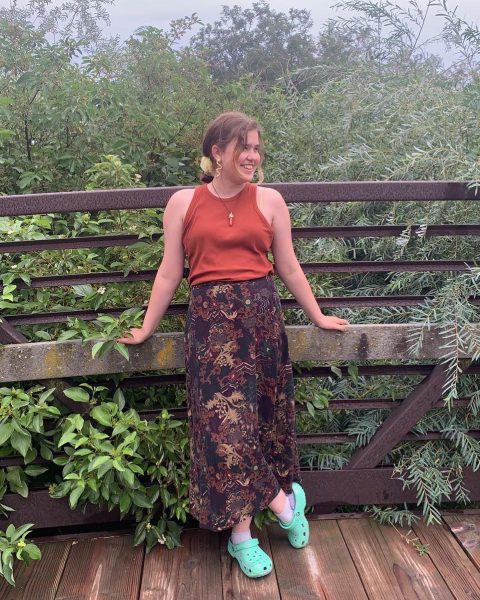
I am an avid reader and writer, and love learning about what's going on in the world. I love experiencing the community in Fargo, and talking...
